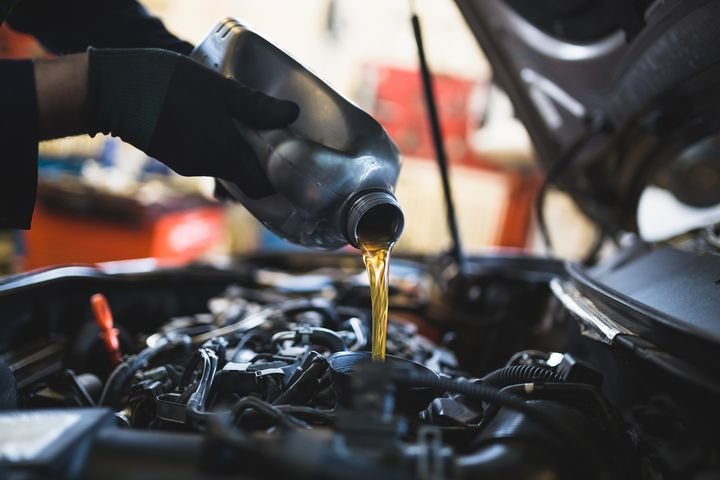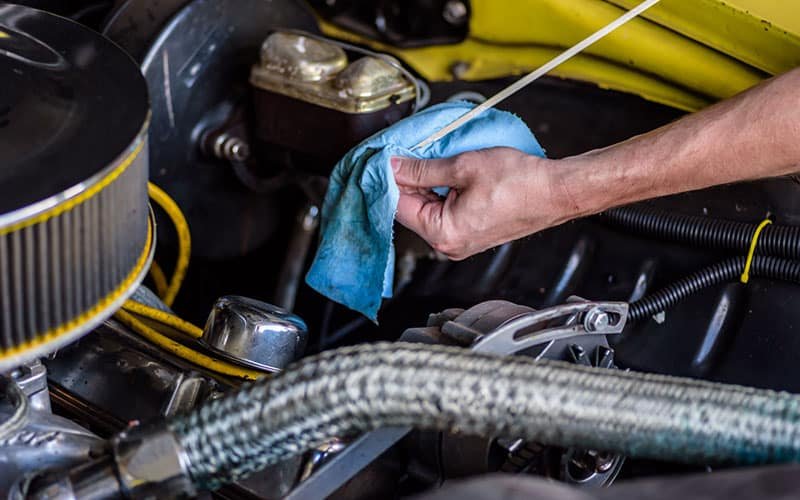Classic cars hold a unique charm and nostalgia, but their engines require special care to maintain performance and reliability. Proper engine care ensures these vintage beauties continue to run smoothly and look great. Here are some of the best engine care tips for classic cars that will help you preserve their value and functionality.
Regular Maintenance Checks
Perform Routine Oil Changes
One of the most important aspects of engine care is regular oil changes. For classic cars, it’s crucial to use high-quality oil that matches the manufacturer’s specifications. Over time, oil can break down and lose its effectiveness, leading to increased wear and tear on the engine. Aim to change the oil every 3,000 to 5,000 miles, or as recommended in your car’s manual.
Check and Replace Filters
Filters, including the air, fuel, and oil filters, play a vital role in maintaining engine health. Regularly inspect these filters and replace them as needed. A clogged filter can restrict airflow or fuel flow, causing poor engine performance and potentially leading to costly repairs.

Ensure Proper Cooling System Maintenance
Monitor Coolant Levels
Keeping your engine cool is essential for its longevity. Regularly check the coolant level and top it off if necessary. Overheating can cause severe damage to a classic car’s engine, so maintaining proper coolant levels is crucial. Additionally, flush and replace the coolant according to the manufacturer’s recommendations to prevent corrosion and scale buildup.
Inspect the Radiator and Hoses
Inspect the radiator and hoses for signs of wear and tear. Look for leaks, cracks, or bulges that could indicate a problem. Replacing worn hoses and ensuring your radiator is in good condition helps prevent overheating and engine damage.
Use Quality Fuel and Additives
Choose the Right Fuel
Using the right type of fuel is essential for classic car engines. Check your owner’s manual for the recommended octane rating and avoid using fuel with ethanol, as it can be damaging to older engines. High-quality, non-ethanol fuel helps maintain engine performance and prevents issues like varnish buildup.
Consider Fuel Additives
Fuel additives can also be beneficial for classic cars. They can help clean the fuel system, improve combustion, and prevent the buildup of deposits. However, be sure to use additives that are compatible with your engine and follow the manufacturer’s instructions for best results.
Maintain the Electrical System
Inspect the Battery Regularly
A well-maintained battery ensures reliable engine starts and smooth operation. Regularly check the battery’s charge, clean any corrosion from the terminals, and ensure the connections are secure. Replacing an old or weak battery before it fails can prevent unexpected issues.
Check Wiring and Connections
Inspect the wiring and electrical connections for signs of wear or damage. Faulty wiring can lead to electrical issues that affect engine performance. Ensure all connections are secure and replace any damaged wiring to keep your engine running smoothly.
Address Engine Noises Promptly
Listen for Unusual Sounds
Classic car engines are known for their distinctive sounds, but any unusual noises could indicate a problem. Pay attention to noises such as knocking, tapping, or grinding. These sounds can be early warning signs of issues that need to be addressed. Consult a mechanic if you notice anything out of the ordinary.
Seek Professional Help When Needed
If you encounter persistent engine issues or noises, seek professional assistance. A mechanic specializing in classic cars can diagnose and address problems effectively, ensuring that your engine remains in top condition.
Store Your Classic Car Properly
Keep It Covered
When not in use, store your classic car in a clean, dry environment to protect it from the elements. A quality car cover can shield the engine and other components from dust, moisture, and UV damage. Proper storage helps preserve both the engine and the overall condition of the vehicle.
Regularly Start the Engine
Even if you don’t drive your classic car frequently, start the engine periodically. Allowing the engine to run for a few minutes helps circulate oil and prevent parts from seizing up. This practice keeps the engine in good working order and prevents issues from developing due to inactivity.
Conclusion
Following these best engine care tips will help you maintain your classic car’s engine in excellent condition. Regular maintenance checks, proper cooling system care, quality fuel use, and attention to the electrical system are essential for preserving performance and reliability. By addressing engine noises promptly and storing your vehicle properly, you ensure that your classic car continues to be a joy to drive and a valuable asset for years to come.

